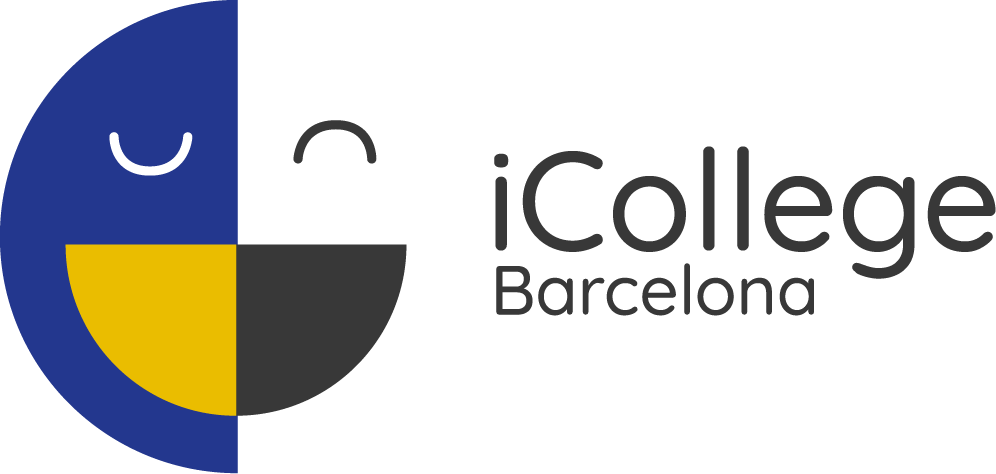situs slot gacor maxwin
MVP189
situs slot gacor maxwin
MVP189
Introduction: Unlocking the World of Biology Careers
Biology is a fascinating field that explores living organisms’ structure, function, growth, origin, evolution, and distribution. If you’re a biology lover, chances are you’ve asked yourself, “What can you do with a biology degree?”
Whether you’re earning a BS in Biology, a major in biological sciences, or simply considering biology as your academic path, there are diverse career opportunities across various sectors—including healthcare, education, environment, biotechnology, and research.
In this blog, we’ll dive into top biology occupations, explain what biologists do, and help you find the perfect career fit based on your interests and goals.
Why Choose a Career in Biology?
Biology is more than just lab coats and microscopes. It’s about understanding life, solving real-world problems, and contributing to advancements in medicine, environmental conservation, and biotechnology.
Key Benefits of a Biology Career:
-
- Offers a wide range of employment opportunities
-
- Can lead to high-impact and meaningful work
-
- Provides a strong foundation for further education (e.g., medicine, research, teaching)
-
- Opportunities exist both in the public and private sectors.
Top Careers in Biology
1. Biomedical Scientist
Biomedical scientists work in laboratories to study diseases, pathogens, and drug responses. They help diagnose illnesses and test treatments.
Typical Workplaces: Hospitals, pharmaceutical companies, research labs
Skills Needed:
-
- Laboratory skills
-
- Analytical thinking
-
- Attention to detail
2. Environmental Scientist
They assess and develop strategies to solve environmental issues such as pollution, deforestation, and climate change.
Typical Workplaces: NGOs, environmental agencies, consultancy firms
Skills Needed:
-
- Knowledge of ecology and ecosystems
-
- Report writing and data analysis
-
- Fieldwork capabilities
3. Biotechnologist
Biotechnologists use living organisms to create products or solve problems, especially in agriculture, pharmaceuticals, and genetic engineering.
Typical Workplaces: Biotech firms, pharmaceutical companies, research institutes
Skills Needed:
-
- Molecular biology techniques
-
- Innovation and experimentation
-
- Cross-disciplinary collaboration
4. Microbiologist
Microbiologists study microorganisms, including bacteria, viruses, and fungi, often focusing on disease control, public health, and food safety.
Typical Workplaces: Public health departments, laboratories, food production industries
Skills Needed:
-
- Microbial culturing and analysis
-
- Research and lab reporting
-
- Health and safety protocols
5. Forensic Scientist
Forensic biologists apply biological principles in the criminal justice system, examining DNA, tissues, and fluids to aid in investigating and resolving crimes.
Typical Workplaces: Police departments, forensic labs, legal teams
Skills Needed:
-
- DNA extraction and profiling
-
- Critical observation
-
- Understanding of legal standards
6. Genetic Counsellor
Genetic counsellors can help patients understand hereditary conditions, genetic risks, and testing options by combining genetics with psychology.
Typical Workplaces: Hospitals, fertility clinics, genetic research centres
Skills Needed:
-
- Strong foundation in genetics
-
- Communication and empathy
-
- Medical ethics and counselling
7. Biology Teacher or Lecturer
Education is one of the most rewarding paths for biology graduates. You can teach secondary school students or university-level classes, inspiring the next generation of scientists.
Typical Workplaces: Schools, colleges, universities, online learning platforms
Skills Needed:
-
- Deep subject knowledge
-
- Presentation and communication
-
- Mentorship and curriculum development
8. Research Scientist (Life Sciences)
Research scientists conduct experiments and develop cell biology, genomics, and neuroscience theories. This path often leads to doctorate-level qualifications.
Typical Workplaces: Academic institutions, government research bodies, private research labs
Skills Needed:
-
- Experimental design
-
- Data interpretation
-
- Peer-reviewed publishing
Emerging and Non-Traditional Biology Careers
Biology is constantly evolving. Many graduates are now exploring interdisciplinary or unconventional paths, such as:
• Science Communicator
Translates complex biological information into understandable formats for the public via writing, media, or presentations.
• Bioinformatics Specialist
Combines biology with data science, analysing large biological datasets to drive innovations in genetics and pharmaceuticals.
• Wildlife Conservationist
Focuses on preserving biodiversity through research, advocacy, and fieldwork in national parks or with wildlife organisations.
• Health Policy Analyst
Advises governments and organisations on public health strategies using biological insights and research.
Skills You Gain With a Biology Degree
A degree in biology equips you with transferable skills that apply across multiple industries:
-
- Research and analytical skills
-
- Laboratory and technical expertise
-
- Communication and scientific writing
-
- Critical thinking and problem solving
-
- Collaboration and project management
Tips to Boost Your Employability in Biology
Gain Relevant Work Experience
Internships, research assistant roles, or volunteering can enhance your resume and provide exposure to practical applications.
Network With Professionals
Attend seminars and conferences, and join biology-related professional groups on LinkedIn or at your local university.
Pursue Certifications or Further Study
Consider postgraduate degrees, online courses, or specialist certifications to deepen your expertise.
Keep a Portfolio
Showcase your lab work, research projects, or published articles in a professional portfolio or blog.
Frequently Asked Questions (FAQs)
What can you do with a degree in biology?
The options are vast and diverse, from lab-based research to teaching, healthcare, and environmental protection.
Is biology a good degree for medicine?
Yes. Biology is among the most common undergraduate degrees for medical, dental, or veterinary school students.
Do biologists work in labs only?
No. Depending on their specialisation, biologists work in various settings, including offices, classrooms, forests, oceans, hospitals, etc.
What sectors hire biology graduates?
-
- Healthcare
-
- Education
-
- Pharmaceutical & Biotech
-
- Government & Public Policy
-
- Environmental Conservation
-
- Media and Communication
Conclusion: Where Will Your Biology Degree Take You?
Whether you dream of becoming a scientist, environmentalist, educator, or healthcare professional, a biology degree opens up endless possibilities.
The field of biology is rich, ever-growing, and offers a meaningful career for those passionate about life sciences. With the right skills, experience, and mindset, you can carve a rewarding path that aligns with your interests.
So, if you’re wondering what you can do with a biology degree, the answer is: almost anything that involves understanding and improving life.
For further information, get in touch with us.



